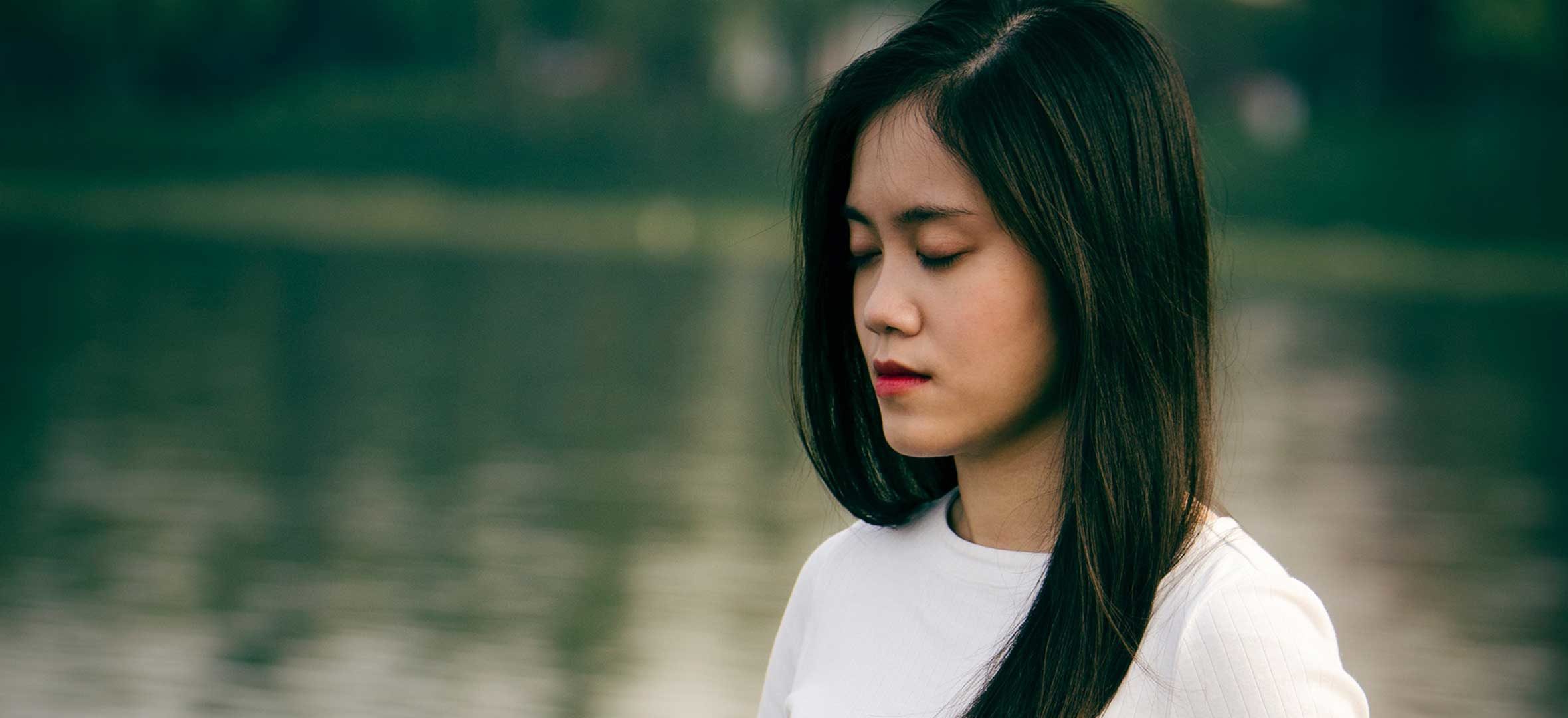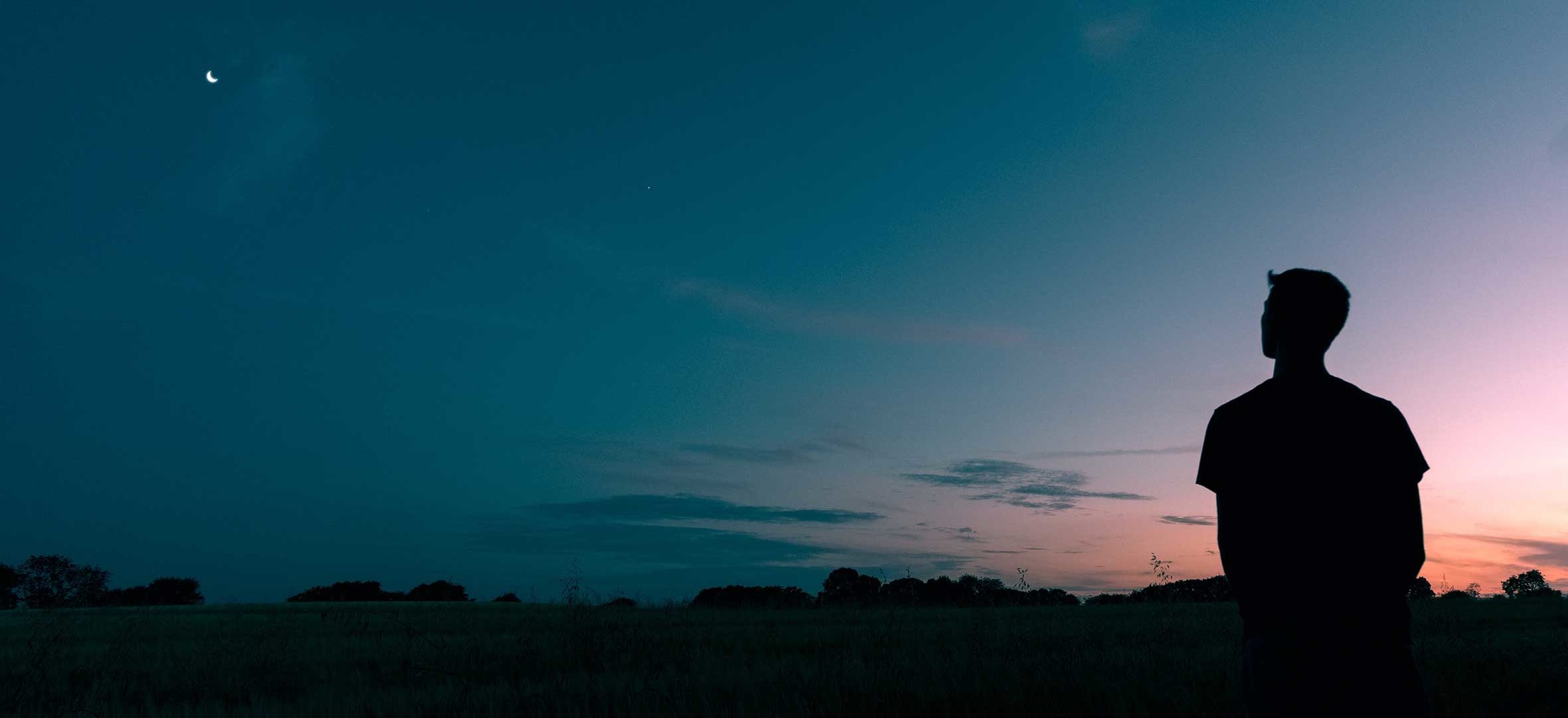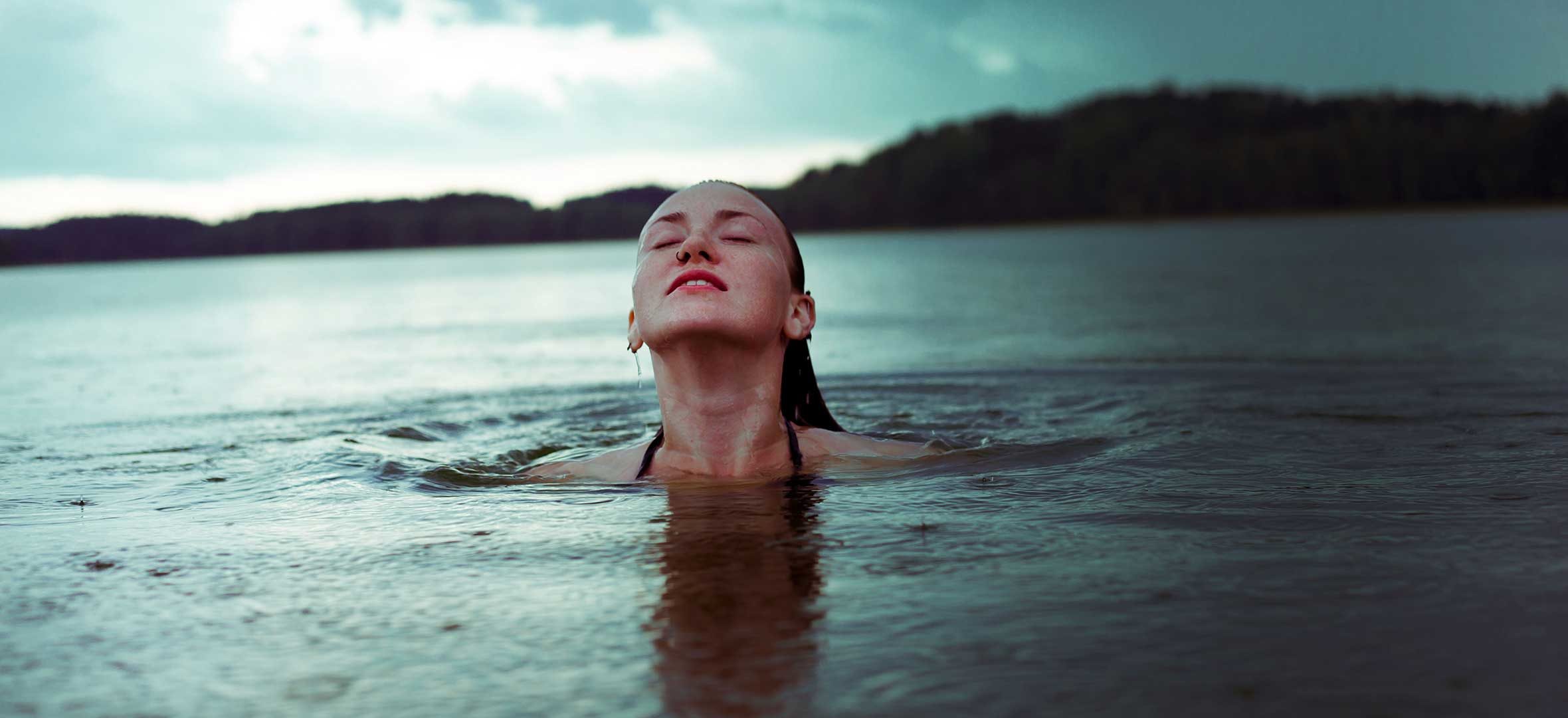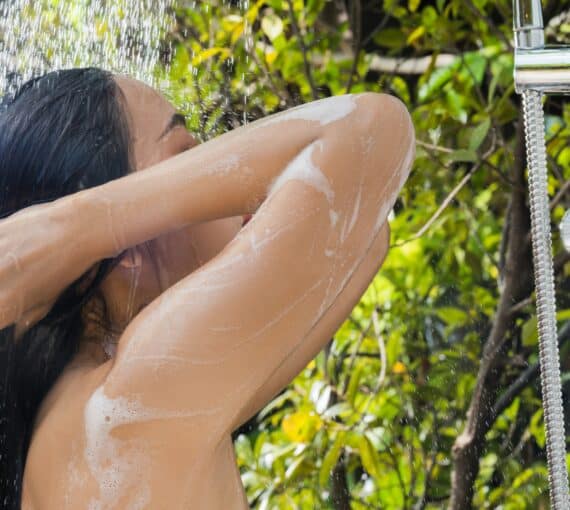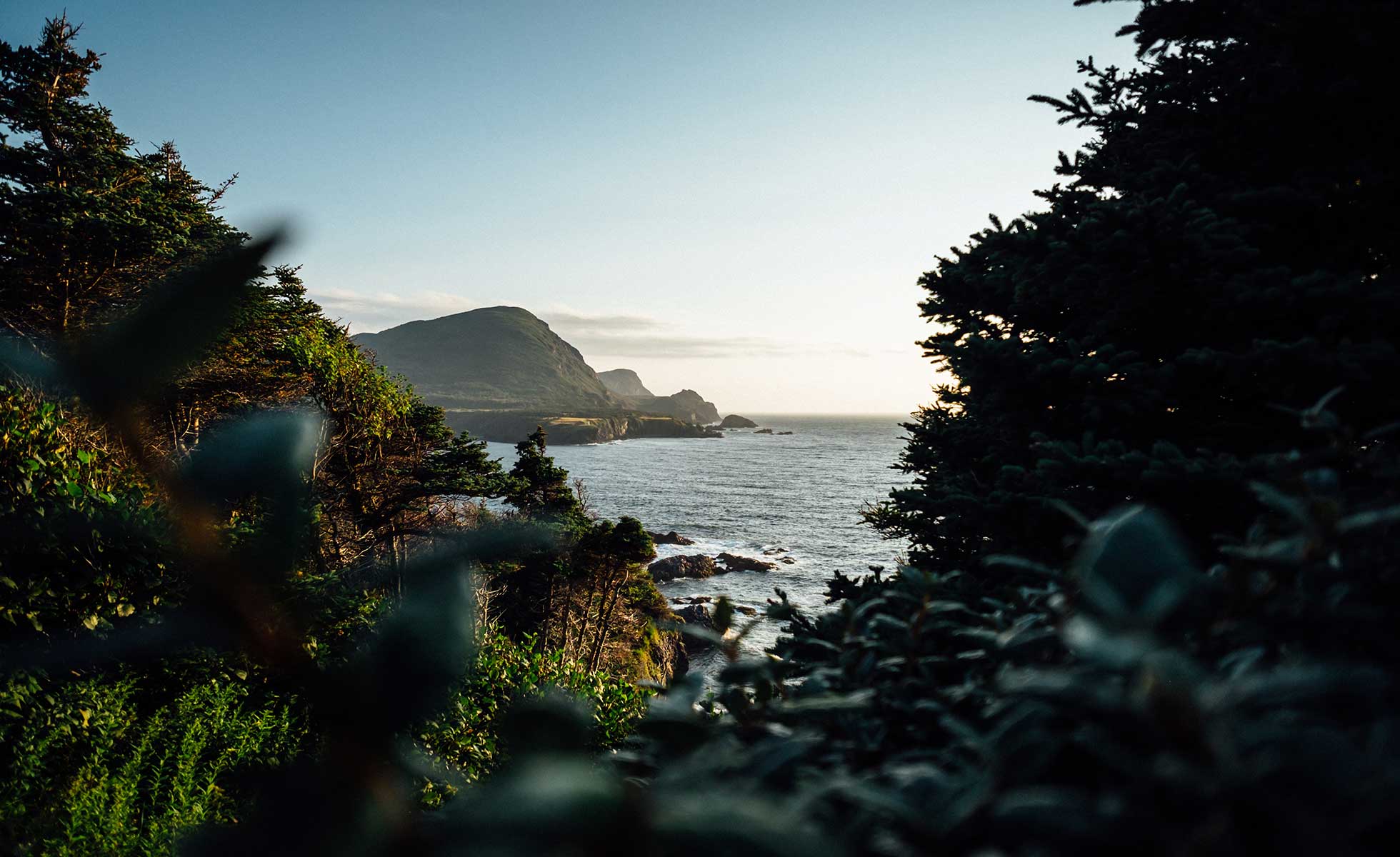
A hiking path near Trout River, Newfoundland. (Photo: Tim Foster via Unsplash)
The plane takeoff safety announcement is a good self-care metaphor “If you’re travelling with a child or someone who requires assistance, secure your mask first and then assist the other person.” If you don’t first care for yourself, you won’t be able to take care of anyone else.
We’re inundated with consumer solutions to every problem. There’s a cream, pill or spa treatment marketed for every imaginable affliction — even self-care. But long before consumerism, humans were dependent on nature to survive and live a good life. In fact, spending time in nature is the ultimate wellness spa — and it’s free!
Nature has profound power to restore well-being, even in small doses. Here are some simple ways to tap into its healing.
Breathe deeply
Scientifically, there’s no line between us and air. Deep breathing brings more oxygen into the body. It stimulates blood flow, jump-starting your natural ability to restore and rebalance. It lowers stress, relieves aches, helps alleviate chronic pain, strengthens abdominal and intestinal muscles, improves sleep, and reduces fear and anxiety.
Remember: Nature is everywhere. You don’t need to get out of the city (although that’s great)! You can connect to nature in a small park, a garden — even a soccer field.
Find a quiet place. Look around. Take in the colour of the sky, the smell of the air, the way the temperature feels on your skin. Scan your body. Where are you holding tension? Do you have pain? What are your emotions and where do you feel them? Begin to deepen your breath and bring oxygen to these places. Do this with your eyes open or closed, whatever is more relaxing. With each inhale, slowly and gently bring a little more oxygen into your lungs. When you exhale, release the area where you focused your awareness. If it feels good, let out a sigh.
Begin deep breathing five minutes a day, a few days a week. If you’re stressed — anywhere at any time — go inward, recall your special spot in nature and breathe.
Get attuned with natural cycles
In some Indigenous cultures, women’s bodies are said to link to the lunar cycle. If your body is aligned with the moon, you menstruate during the new moon and ovulate during the full moon.
Even if your menstrual cycle doesn’t synch this way or you don’t menstruate, pay attention to the lunar cycle. Go outside at night and look up at the moon.
The new moon is an excellent time for self-reflection and self-care. Identify your well-being needs and make a plan to set them in action. The full moon is a time for self-expression. Journal, dance, do yoga, meditate, make art and connect with others. Practice “moon bathing” — spend at least 15 minutes in moonlight. Do this at any time, but it’s most powerful during the full moon.
Get dirty
As children, we navigated the world through our senses. It felt instinctual to get our hands into the dirt, listen to the sound of mud splatting beneath our palms, and smell the wet Earth. So why did we stop? Take a moment and sink your hands into the Earth. Garden. Play. Don’t be afraid of getting dirty.
Researchers have even found digging in dirt, whether gardening or playing, can benefit our physical and mental health. A microbe common to mud and wet soils, Mycobacterium vaccae, has been shown to influence brain neurotransmitters to reduce anxiety and improve cognitive functioning. Another microbe encountered in natural environments, Acinetobacter Iwoffii, has been shown to benefit the human immune system, preventing asthma, hay fever and other ailments in children who have been exposed to it — although it can also cause infections and gastric problems for people with compromised immune systems.
Submerge yourself
Water is a gentle, powerful healer. Hot water is good for stress relief. Studies show cold water bathing assists in fat loss, boosts muscle recovery, and increases energy and circulation.
Many Indigenous traditions practice cold water bathing in healing rituals. In a natural setting, it’s an incredible way to cleanse yourself and reconnect to the wilderness. But Canadian winters can pose some challenges! If you live where there’s more ice than water, take advantage of indoor plumbing. Start with alternating hot and cold showers (20 seconds of each, three to five times) to build up your tolerance until you can stay under cold water for five minutes.
A Native Hawaiian saying, “Ua lawa makou i ka pohaku,” (“we are satiated by rocks”) reminds us that the landscape holds everything we need — food, water, shelter and well-being. Making self-care a priority may feel like indulgence, but it’s the highest form of service. When we are most grounded and healthy, we can give our best selves.
Be well, with nature!

The One Nature Challenge
Want to feel healthier, happier and more peaceful? Add a daily dose of nature to your routine. The David Suzuki Foundation challenges you to spend 30 minutes a day in nature for 30 days with The One Nature Challenge. It’s time to kick-start a nature habit that lasts all year-round!

